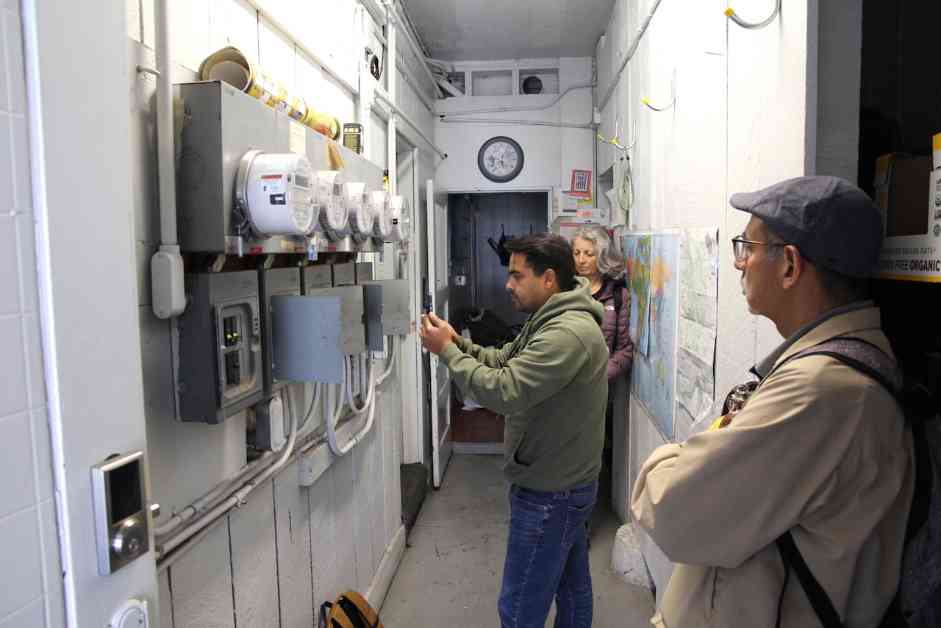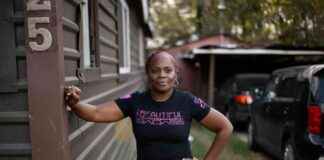Preventing Displacement of Low-Income Renters Through San Francisco’s Building Decarbonization Program
In a modest, three-story building in San Francisco’s outer Mission District, Amparo Vigil, a long-time resident, is preparing for a comprehensive renovation project funded by the San Francisco Department of the Environment’s Healthy Resilient Homes Project. This initiative aims to decarbonize low-income rental properties and make them more climate resilient, all while preventing displacement of vulnerable tenants.
The Renovation Project
The renovation project includes the installation of a small solar panel array, heat pumps, all-electric appliances, an EV charger, and improved insulation. While the estimated cost of over $125,000 may seem daunting, Vigil won’t be burdened with the bill. The project will be fully funded by People Organizing to Demand Environmental and Economic Rights (PODER SF), a group dedicated to empowering Mission residents and ensuring their voices are heard in housing and community development policies.
Community Impact
San Francisco’s outer Mission District is a vibrant neighborhood that has managed to preserve its Latino community despite waves of gentrification. The work of community-based nonprofits, including PODER SF, has been instrumental in maintaining the neighborhood’s cultural identity and preventing displacement. By decarbonizing low-income rental properties, these organizations are paving the way for a cleaner, more sustainable future without forcing residents out of their homes.
Challenges and Solutions
While building electrification is crucial for reducing greenhouse gas emissions and improving air quality, there are concerns about rising property values and rent hikes following renovations. Organizations like PODER SF are advocating for renter protections and equitable policies to ensure that vulnerable tenants are not displaced or burdened with increased costs.
By investing in building decarbonization and energy efficiency, communities can tackle climate change, reduce energy costs for low-income households, and create a more sustainable future for all. Through collaborative efforts and community engagement, San Francisco is setting an example for equitable and just transitions to a greener tomorrow.
As we navigate the complexities of climate change and environmental justice, it’s essential to recognize the importance of including all members of our community in the transition to a cleaner, more sustainable future. Amparo Vigil’s story is a testament to the power of community-driven initiatives that prioritize people over profits and aim to build a more resilient and inclusive society for all.
Let’s support organizations like PODER SF and initiatives like the San Francisco Building Decarbonization Program to ensure that no one is left behind in the fight against climate change. Together, we can create a more equitable and sustainable future for generations to come.














